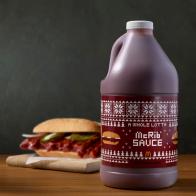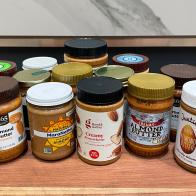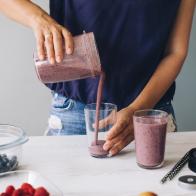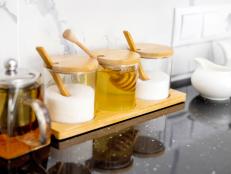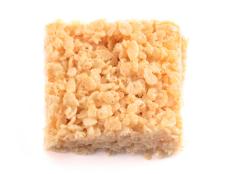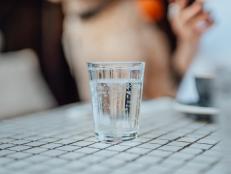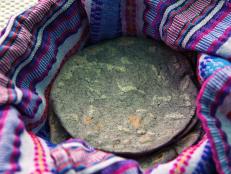6 Hydrations Myths an Athletic Trainer Wants You To Stop Believing
It’s not as simple as drinking at least eight glasses of water per day.
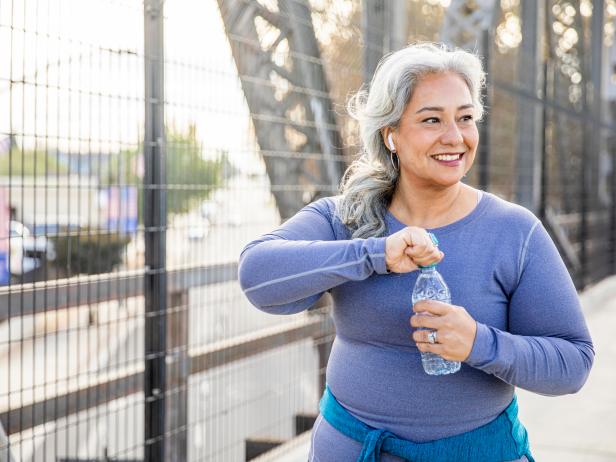
adamkaz/Getty Images
Staying properly hydrated is vital for physical activity and overall health no matter your age, activity level or time spent outside. Good hydration supports all body systems including the maintenance of healthy skin, circulation, digestion and kidney function. Replenishing sweat losses from exercise is also a crucial part of optimizing performance and recovery. As many things health-related, rumors swirl about the best and worst ways to hydrate – here are six of the most common myths about fluid intake.
Myth: You can only hydrate with water.
Don’t make the mistake of only counting cups of water and neglecting to consider other beverages. While water is the best choice for the majority of hydration, most fluids also contribute. Sipping on smoothies, juices and milk all help to keep you hydrated.
Myth: You must drink eight to 10 glasses of water per day.
Everyone seems to know the recommendation of eight to 10 glasses of water per day. Drinking 64 to 80 fluid ounces of water isn’t a bad recommendation for staying hydrated, but this guideline is not an evidence-based recommendation. The National Institute of Health recommends nine cups a day for women and 13 cups a day for men, but this is only an estimated average. Fluid needs can be more customized by considering age, weight, activity and environmental factors. A quick and easy way to estimate fluid needs is to aim for 50-percent of your weight (in pounds) in ounces per day. For example, a 150-pound person would aim for a minimum of 75 fluid ounces per day and then drink more if needed based on thirst, sweat rate, environmental conditions and urine color.
Myth: Coffee dehydrates you.
It’s a common (misguided) belief that coffee and other caffeinated beverages lead to dehydration. Caffeine is a stimulant that should be consumed in moderation, but the fluid from coffee, tea and other drinks containing caffeine does contribute to your hydration status.
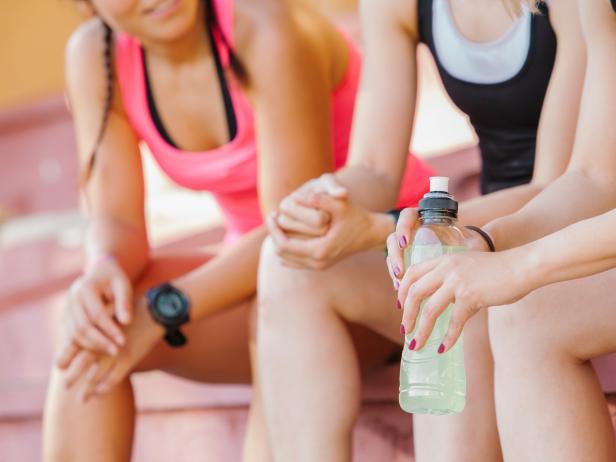
Vera Vita/Getty Images
Myth: Sports drinks have too much sugar.
Sweating not only leads to fluid loss but also the depletion of electrolytes that support hydration including sodium, chloride and potassium. To help replenish fluid and electrolytes, a well-formulated sports drink can be helpful. Furthermore, the carbohydrates from sugar in sports drinks help facilitate the absorption of fluid and electrolytes to help optimize performance and recovery. Not everyone needs the same type of replenishment which is why hydration should be customized based on individual needs. Here’s how to pick the best sports drink for your needs.
Myth: Food doesn’t count.
While difficult to quantify in fluid ounces, about 20-percent of hydration comes from food. High water content foods like fruits and vegetables, as well as broths in soups and liquid in smoothies all help keep your hydration optimal.
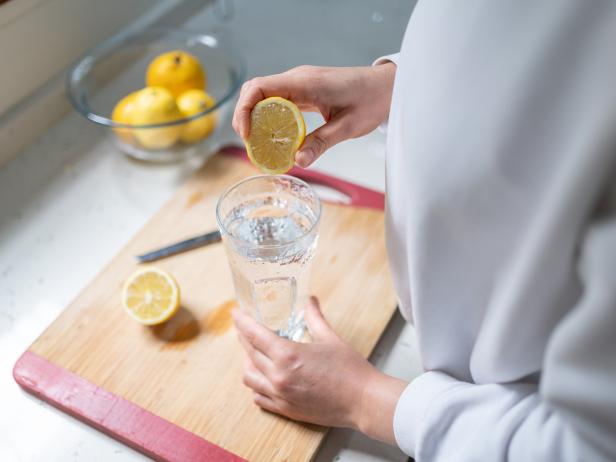
aquaArts studio/Getty Images
Myth: Drink lemon water to “detox.”
Social media is still insisting that starting your day with a vat of lemon water helps detoxify the body and flush out toxins. Adding fruit to your water at any time of day can increase palatability and help you hit your fluid goals, plus it will add some extra vitamin C, but rest assured there is no magical detoxification happening.
*This article was written and/or reviewed by an independent registered dietitian nutritionist.
Related Content:












